Autism acceptance week with Wythenshawe WLC
The 28 March – 3 April is World Autism Acceptance Week. We spoke with Wythenshawe WLC to talk about their club provision and discussed the benefits that joining a club can bring some someone with Autistic Spectrum Disorder (ASD).
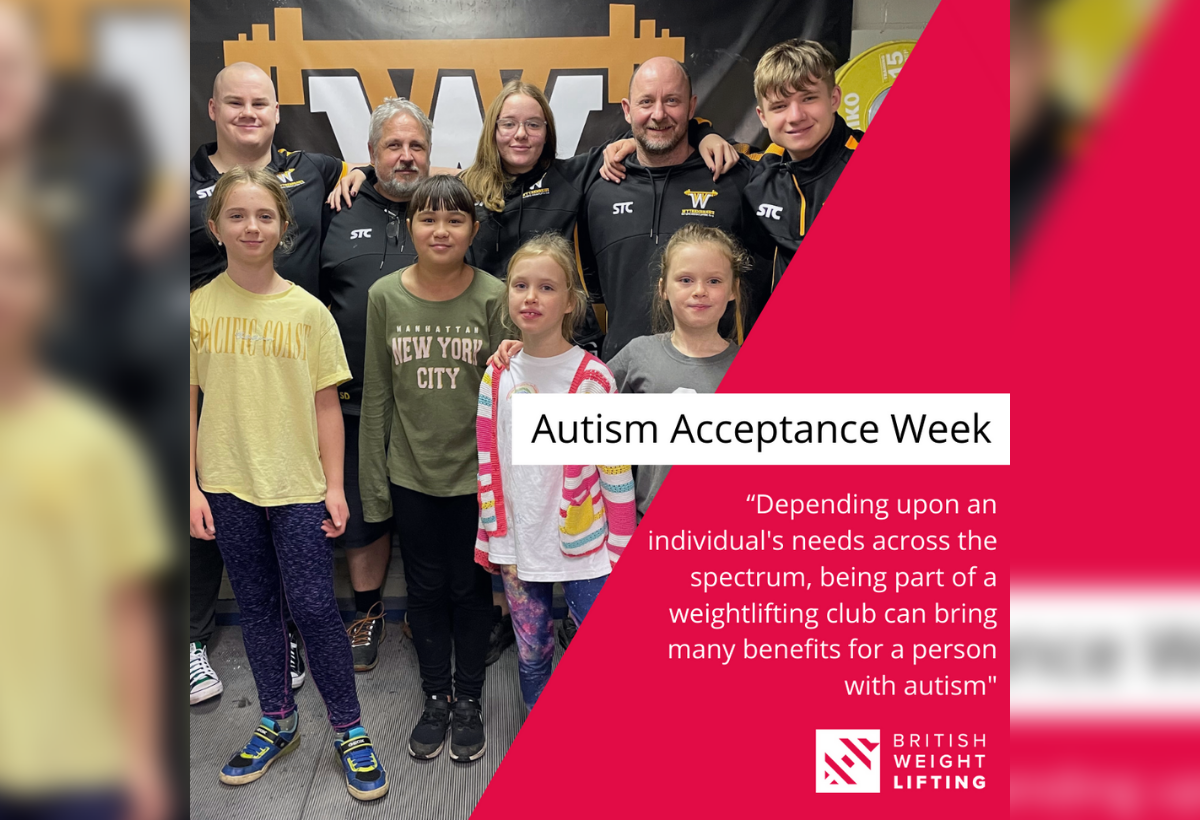
What is Autism?
We first asked ex-professional rugby player turned Wythenshawe weightlifter Ioan Ohlsson to outline what Autism is for our readers. Ioan is a Registered Consultant Psychologist working with vulnerable children and adults who present with Autistic Spectrum Conditions (ASC) and other complex clinical needs. Here is what he shared:
'People with neurodevelopmental conditions, such as Autism, often experience daily challenges in communicating with and relating to others, in their processing of sensory information and experiences, with their patterns of thoughts/cognitions, and with restrictive patterns of behavior, interests and activities. A person can experience challenges in a broad range of areas and to varying degrees of severity and consequently impact on their daily life. These range of challenges are often referred to as the autistic spectrum. In my experience, individuals with autistic conditions often respond well to highly structured behavioral interventions and activities”
We also spoke with Mike Harris, Head Coach of Wythenshawe WLC. He added the following:
‘I have been involved in weightlifting for almost 35 years and over the past decade I have been mentoring and coaching adults, young people and children, some of whom are on the autistic spectrum. As a parent of two ASD children, I have educated myself over the past 12 years or so, to be empowered to help my children and others with the condition.
Autistic spectrum disorder (ASD) is a social communication disorder, which affects the way a person experiences and navigates the world around them. Autistic people struggle with the interpretation of words and situations, which can be misconstrued or even completely lost on them. Conversely, there are also certain individuals, with amazingly high IQs with abilities and savant skills beyond imagination.”
What benefits can a weightlifting club bring to someone with Autism?
Weightlifting, or even broader, strength training offers lots of benefits. These benefits can be particularly useful to someone with autism.
Mike Harris shared “We are all aware of the benefits of any exercise has on our minds and bodies and as a coach, when you witness little achievements individuals make, it is such a rewarding experience. The element of being part of a group of like-minded individuals can for some people be the first time they have experienced inclusion in a social setting.
Sadly, many people I have coached, struggled at school, they were socially ostracised, which can have a devastating effect on a person’s self-esteem. The mental health benefit of being part of an organization can be profound, and the health benefits of regular exercise incites a routine, repetitive patterns, cognitive assimilation and self-affirmation. The response can be a willingness to pursue a healthier diet alongside the exercise, more settled sleep patterns, the capacity to concentrate at work or school, as the social anxiety has been reduced, allowing the mind to respond to the challenges those environments create.”
Ioan Ohlsson added “Depending upon an individual's needs across the spectrum, being part of a weightlifting club can bring many benefits for a person with autism. These may include but are not limited to an increased sense of relatedness to others who share a common interest; in providing some structure to their daily life through adherence to a scheduled training programme; the psychological benefits from engagement in an individual physical activity with no fear of judgment from others; a sense of fulfillment due to progression in their physical development and lifting abilities; the training itself can be a means of escapism and develop into a positive coping mechanism for other parts of life; and by meeting sensory needs through lifting weights safely during structured repetitive movements and exercises.”
Coaching someone with Autism
We asked Mike to share a little about his experience coaching individuals with Autism.
“Coaching people with ASD requires patience and empathy, certain individuals thrive with the exercises of weightlifting. Many autistic people have special interests, with the ability to hyper-focus on one thing or subject. If the sport is presented in a similar manner, by explaining the history of the sport, the equipment, references to the sport via own experiences and famous commonwealth and Olympic battles from the past, in my experience, I witnessed a rapid response of engagement and more importantly, motivation. The repetitive movements of the exercises of weightlifting, replicates how a person with ASD will learn. Some autistic people memorize the movement, some have the mental capacity to completely deconstruct the movements in their minds and will articulate that as they go through the moves.”
“I have witnessed some dramatic developments in a person’s journey, to see people reach a potential they thought was out of reach, that is a very gratifying moment. Sport should be something everybody can access, the Paralympics is the epitome of what can be achieved, with patience, tenacity and commitment and we have witnessed some incredible achievements because those athletes took their first steps into a gym, which changed the direction of their lives and in some cases, even the history of sport.”
Partners
-
 Official Partner
Official Partner
-
 Official Equipment Partner
Official Equipment Partner
-
 Official Partner
Official Partner
-
 Official Partner
Official Partner
-
 Official Photography Agency
Official Photography Agency
-
 Official Partner
Official Partner
-
 Official Partner
Official Partner
-
 Official Partner
Official Partner
-
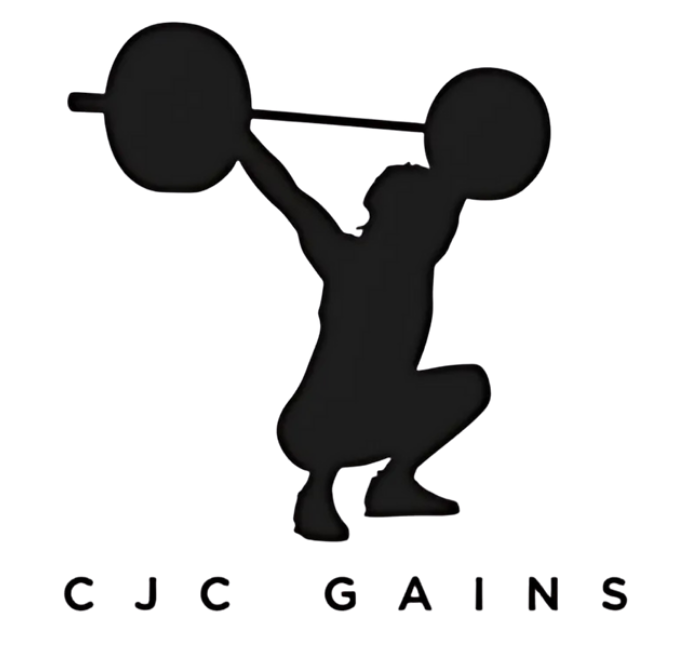 Official Partner
Official Partner
-
 Official Travel Partner
Official Travel Partner
-
 Partner
Partner
-
 Funding Partner
Funding Partner
-
 Funding Partner
Funding Partner
-
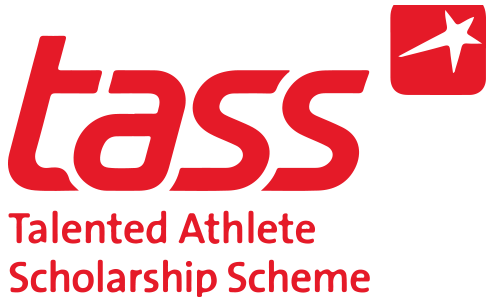 Funding Partner
Funding Partner
-
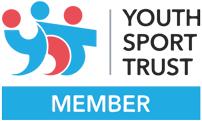 Official Strategic Partner
Official Strategic Partner
-
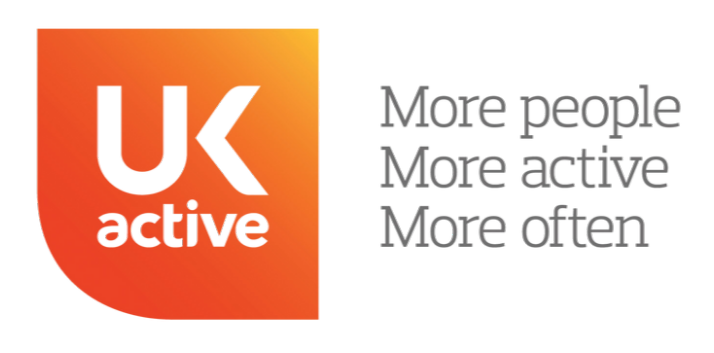 Official Strategic Partner
Official Strategic Partner
-
 Official Strategic Partner
Official Strategic Partner
-
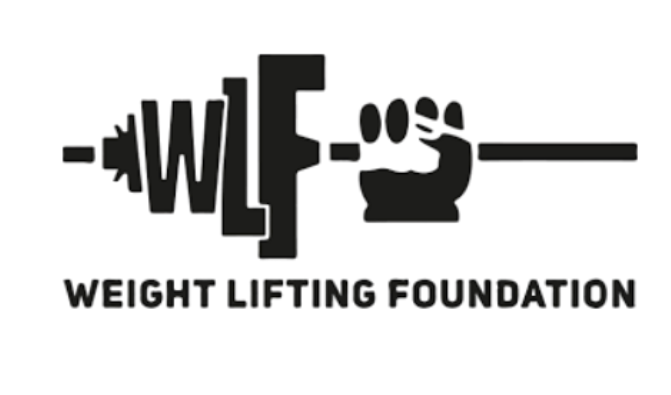 Weight Lifting Foundation Charity
Weight Lifting Foundation Charity
-
 Official ELearning Partner
Official ELearning Partner
-
 Official Awarding Organisation
Official Awarding Organisation
-
 Official Course Endorsement
Official Course Endorsement


